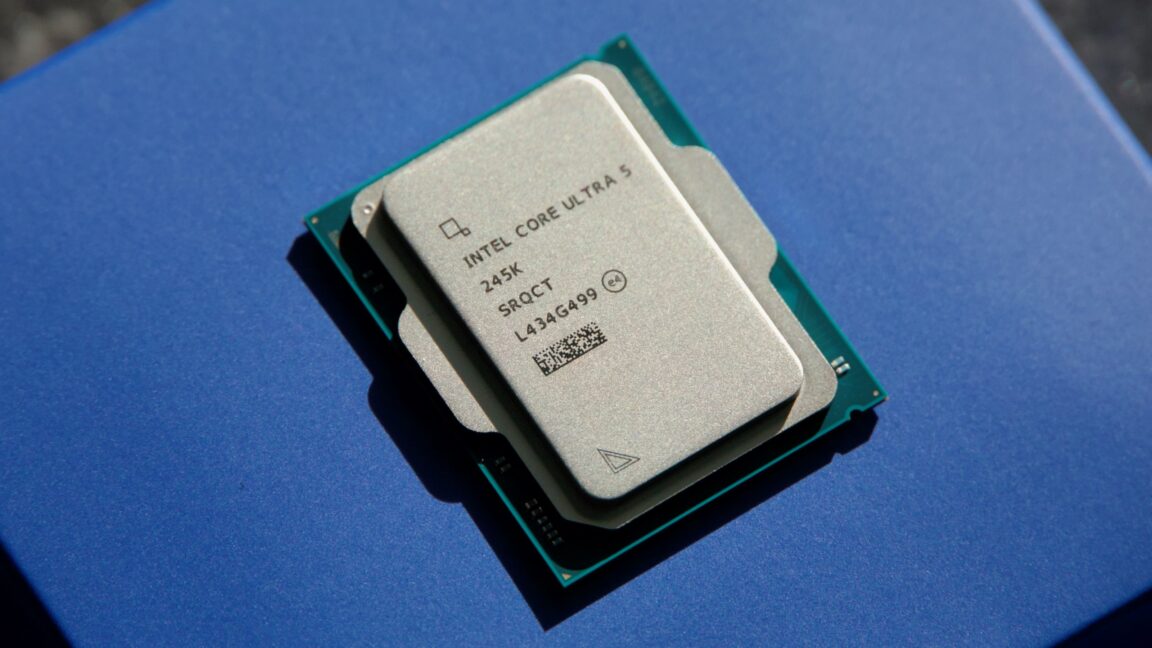Gambling
Problem gamblers’ brains rely on slow learning, increasing losses: Study

Caltech’s John O’Doherty is on a quest to understand how human brains make decisions: how they gather evidence about their environments and their own impacts on these environments and then apply this information to their decision-making.
Researchers in his lab examine subjects to find how brains learn from positive and negative feedback, and why some brains learn more easily and effectively than others. “This is a very simple kind of learning, preserved across most animal species,” says O’Doherty, Fletcher Jones Professor of Decision Neuroscience.
“We think that people learn via a thing called prediction error: the difference between what you’re expecting to get and what you actually get,” O’Doherty explains. “If there’s a big discrepancy between the two, you’ll have a big prediction error, which means you need to update your learning so next time you will be able to make better, more accurate predictions.”
In recent research published in the Journal of Neuroscience, O’Doherty’s lab recruited a sample of 40 gamblers including 20 “problem” gamblers, whose responses to questionnaires indicate symptoms associated with a gambling disorder, and 20 “recreational” gamblers, whose responses did not.
People who were already or had been in treatment for a gambling disorder were excluded from the study population to ensure that research would not pick up on changed learning processes due to that treatment. The study also excluded individuals who had never gambled, to tease out differences in decision-making among the problem and recreational gamblers without introducing other variables such as the propensity to gamble itself.
Each of the two groups performed a simple decision-making task while in a functional magnetic resonance imaging (fMRI) scanner. Under one condition, participants were given the opportunity over multiple trials to develop strategies that enabled them to increase the amount of dollar reward they received.
Under another condition, participants were tasked with learning from loss to adjust their behavior to ensure smaller rather than larger losses. Successful participants update their prediction errors rapidly in order to achieve the best outcomes.
“There are parts of the brain that learn in a slower way. This means there is less updating after prediction errors and that learning happens gradually over time,” O’Doherty says.
Co-author Kiyohito Iigaya, assistant professor of neurobiology at Columbia University and formerly a postdoc in O’Doherty’s lab, explains, “Slow learning is good when things are going slowly because it gives us accurate predictions of what’s going to happen. But slow learning is bad when things change suddenly”—as, it seems, is the case with gambling.
However, Iigaya cautions, “Fast learning is not always what’s needed. When things are relatively stable, fast learning creates too much noise, so the balance of fast and slow learning is very important.”
“We theorize that, under normal conditions, fast and slow learning happen in parallel, and the combination of these, the balance between the two, is what produces a person’s overall behavior,” O’Doherty says. “We’re looking at these patterns to see if we can characterize variation between people that might be related to their susceptibility to different psychiatric disorders.”
In many ways, the behavior of problem and recreational gamblers was similar and, according to the fMRI scans, both types of subjects used the same areas of their brains. Significantly, however, problem gamblers relied more on slow-learning processes in their decision-making during the learning-from-losses condition than did recreational gamblers.
Because they did not update their decision-making quickly enough when pursuing a losing strategy, problem gamblers were less able to prevent avoidable future losses.
In problem gamblers, brain activity during loss conditions was increased in an area known as the anterior cingulate cortex, which was found to be associated with the integration of information slowly across time, and in a brain region called the insular cortex, which tracked prediction errors for slow learning during loss and which has been shown to play a potentially outsized role in substance use disorders in general.
“The activation of these brain regions in problem gamblers is not going to be the whole story about what’s going on with problem gambling, because any disorder like this is likely to be very complex,” O’Doherty says. “There are probably also differences between individual problem gamblers. This is something that future research with a larger number of participants will need to unravel.”
O’Doherty hopes to replicate the current study design with other brain disorders such as depression or obsessive-compulsive disorder. “The big picture for computational psychiatry is to start to understand dysfunction in terms of precise computational mechanisms that we can see operating in the brain. Perhaps then we can map those specific mechanisms to particular neural circuits that can potentially be modulated via brain stimulation methods or pharmacological interventions.”
More information:
Kiyohito Iigaya et al, Computational and neural evidence for altered fast and slow learning from losses in problem gambling, The Journal of Neuroscience (2024). DOI: 10.1523/JNEUROSCI.0080-24.2024
Citation:
Problem gamblers’ brains rely on slow learning, increasing losses: Study (2024, December 19)
retrieved 19 December 2024
from https://medicalxpress.com/news/2024-12-problem-gamblers-brains-losses.html
This document is subject to copyright. Apart from any fair dealing for the purpose of private study or research, no
part may be reproduced without the written permission. The content is provided for information purposes only.










